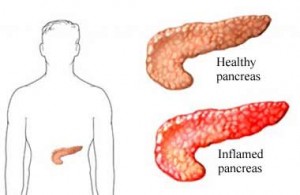Drug safety is a concern in the administration of prescription medications and non- prescriptions and any new drug that hits the market has undergone a rigorous screening procedure before its release. Side effects still can occur, and all of the possible ones have to be listed. For physicians it always remains a matter of careful judgement, whether the benefits of a prescription outweigh the disadvantages of any side effects. It is also a concern for the patient to be fully informed. Despite all precautions there are still surprises: some drugs have been taken of the shelves, because the side effects showed up after some time and the risk for the patients were too much. There may be the sense of false security about a prescription drug that has been on the market for a long time that all is known about possible side effects, but researchers and physicians remain alert to the fact that there may be adverse drug reactions that have not been observed.Statins, which are used for lowering high cholesterol levels, have been researched in a review of case reports and observational studies led by Dr.Sonal Singh of Wake Forest University in Winston-Salem, N.C. The authors reported in the December issue of Drug Safety that there have been numerous case reports in which statins have been implicated in acute pancreatitis. It appears to be a genuine adverse reaction, but it remains rare. The researchers estimate that there would be one case of acute pancreatitis in 300,000 patients treated with statins for a year.
The review suggested that pancreatitis can occur in high and low statin doses, but it is more likely to happen after many months of therapy. Due to the low incidence and mild severity in the majority of cases, statin therapy is still considered safe.
The first line of defense in the treatment of high cholesterol remains a proper diet and an active lifestyle. Statins are needed for patients with familial hypercholesterolemia and those where diet and lifestyle choices have not been successful enough.
More information about:
1. Statins: https://www.askdrray.com/statins-can-hurt-the-consumer/
2. Pancreatitis: http://nethealthbook.com/digestive-system-and-gastrointestinal-disorders/pancreatitis/acute-pancreatitis/
Reference: The Medical Post, February 2, 2007, page 2
Last edited November 2, 2014






